Fascinated by radio astronomy from a young age, the Northern Irish astrophysicist Jocelyn Bell was a graduate student at the University of Cambridge when in 1967 she made the first two recorded observations of pulsars – compact, electromagnetic radiation-emitting neutron stars that, until Bell’s discovery, were only theoretical. The news was almost instantly recognised as one of the most important astrophysics breakthroughs of the century. However, as this short film from the Canadian director Ben Proudfoot explores, Bell faced extraordinary obstacles and scepticism, even after the discovery that would make her one of the UK’s most recognisable scientists. With a kinetic editing style, Proudfoot’s film deftly chronicles how Bell’s colleagues, the media and scientific institutions undermined what, for a male scientist, would have been a career-making breakthrough.
Credit: Jocelyn Bell Burnell
Jocelyn Bell discovered pulsars. The Nobel Prize went to her supervisor
Director: Ben Proudfoot
Producers: Elizabeth Brooke, Abby Lynn Kang Davis, Gabriel Berk Godoi, Brandon Somerhalder, Sarah Stewart

videoHistory of science
Meet the Quaker pacifist who shattered British science’s highest glass ceilings
14 minutes
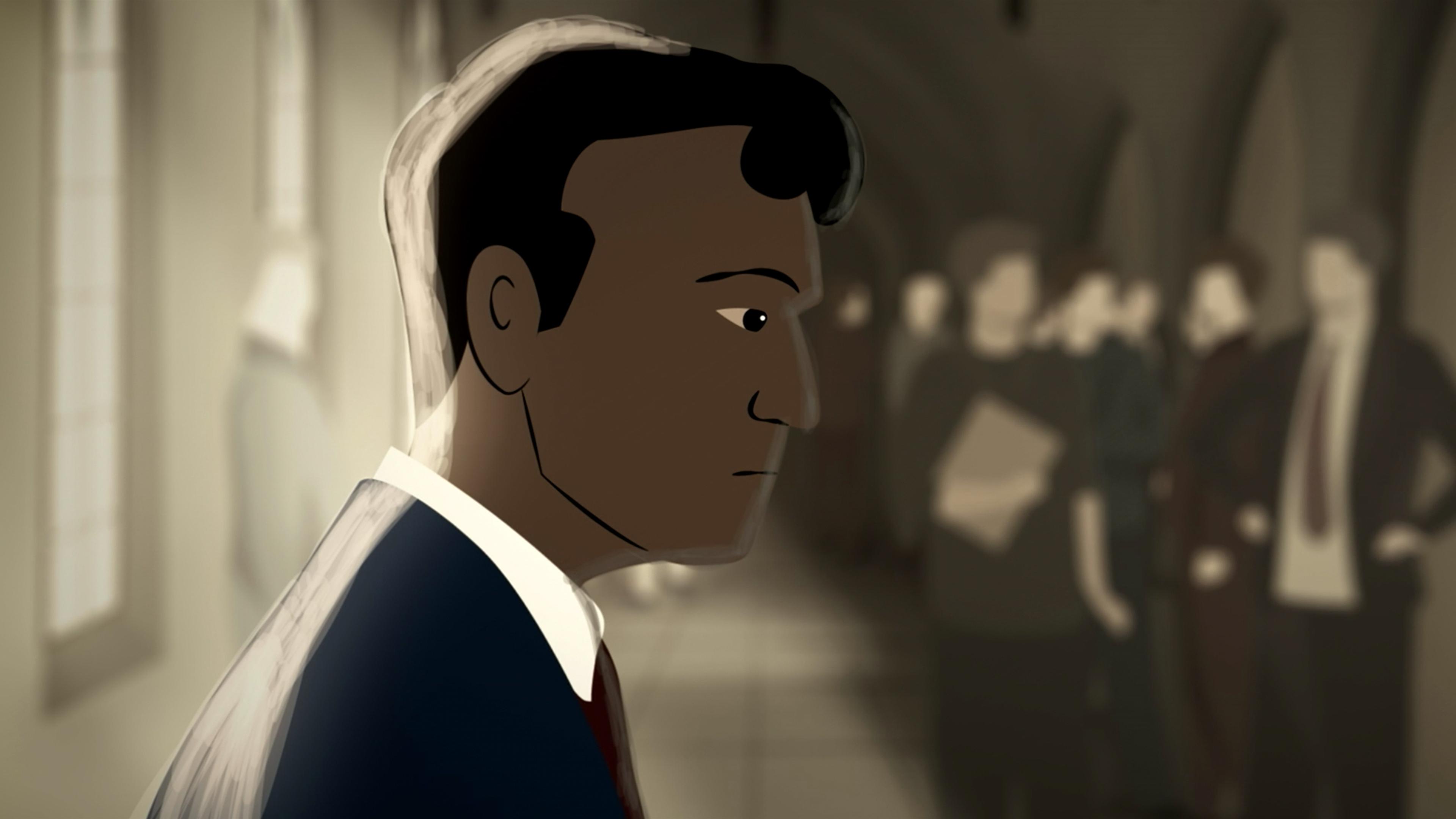
videoCosmology
The Indian astronomer whose innovative work on black holes was mocked at Cambridge
13 minutes
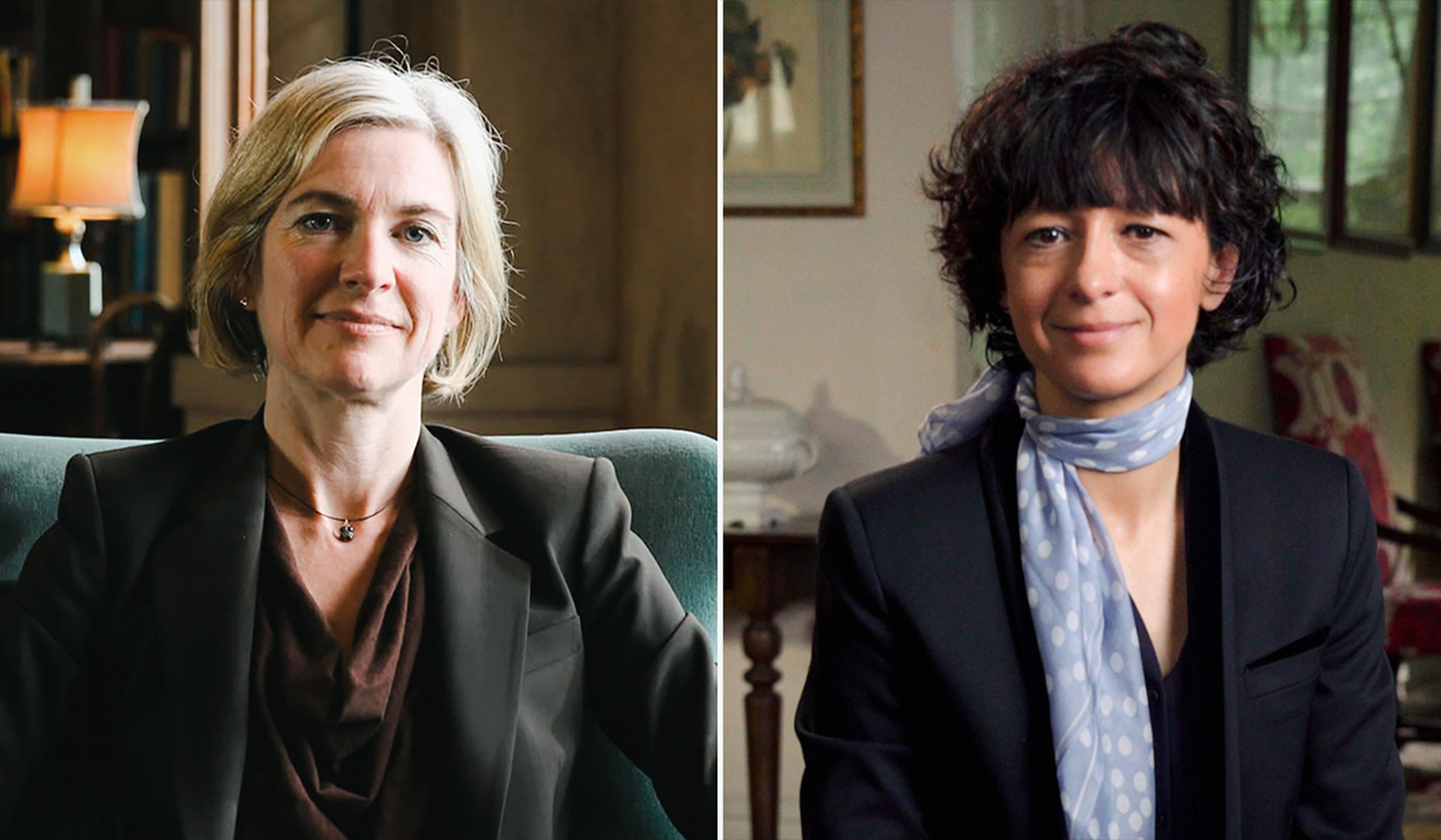
videoBiotechnology
The two women behind a world-changing scientific discovery
14 minutes
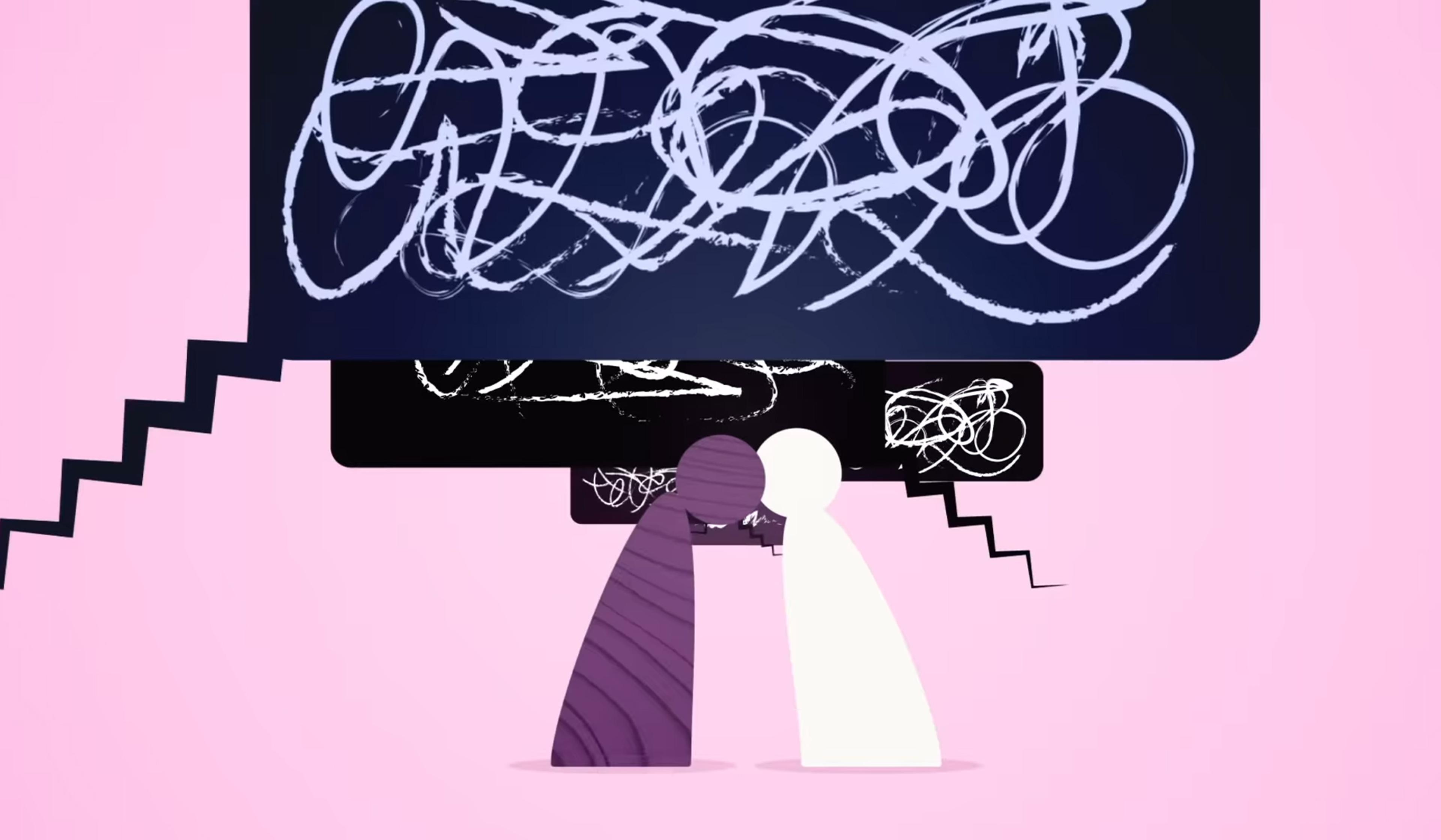
videoGender
When aggression is viewed as brilliance, it hurts women in science, and science itself
5 minutes

videoAstronomy
How pigeon droppings nearly derailed a massive discovery in cosmology
3 minutes
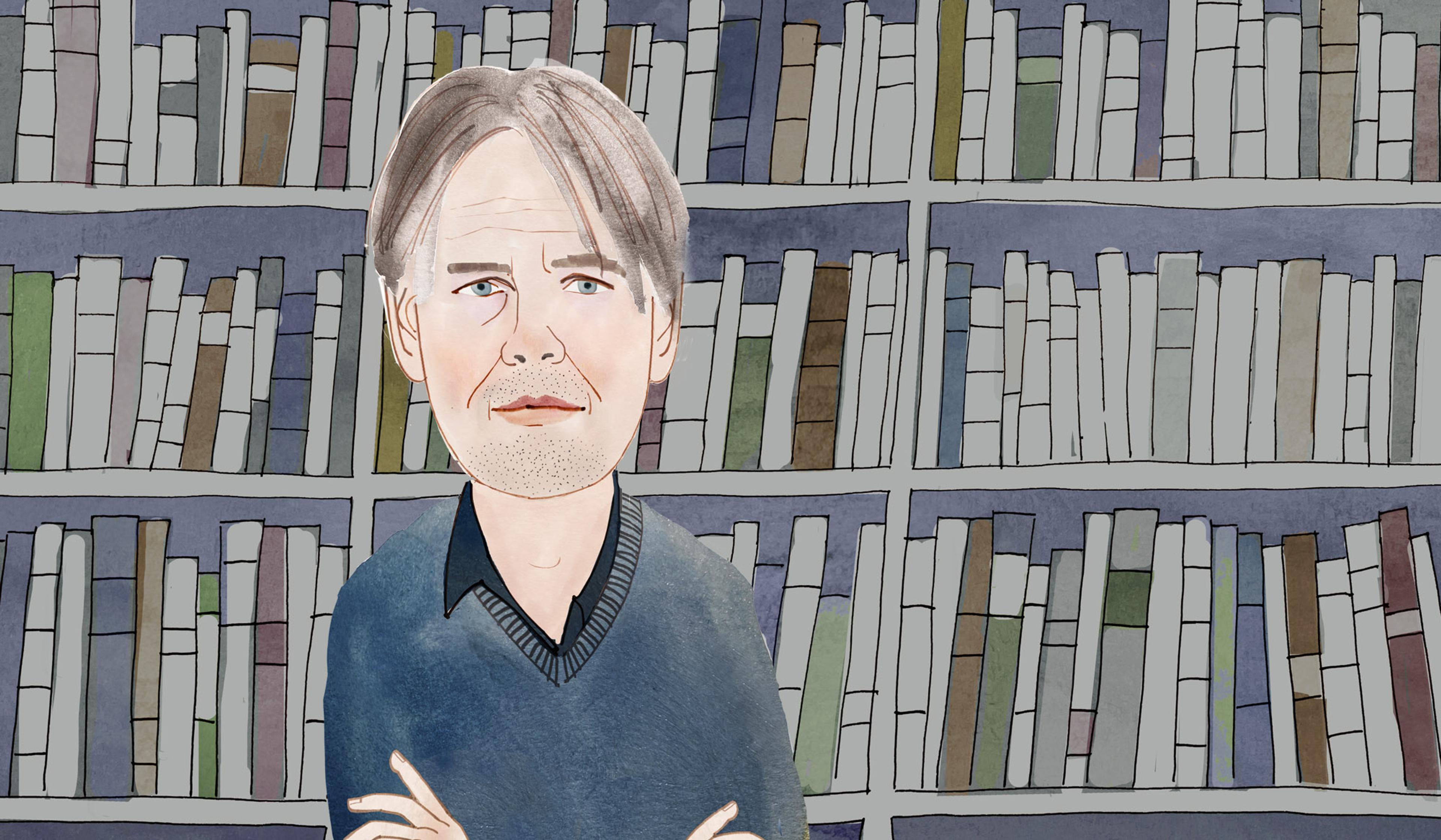
videoCosmology
Building ‘bigger and better’ has pushed cosmology forward. Can it take it any further?
7 minutes
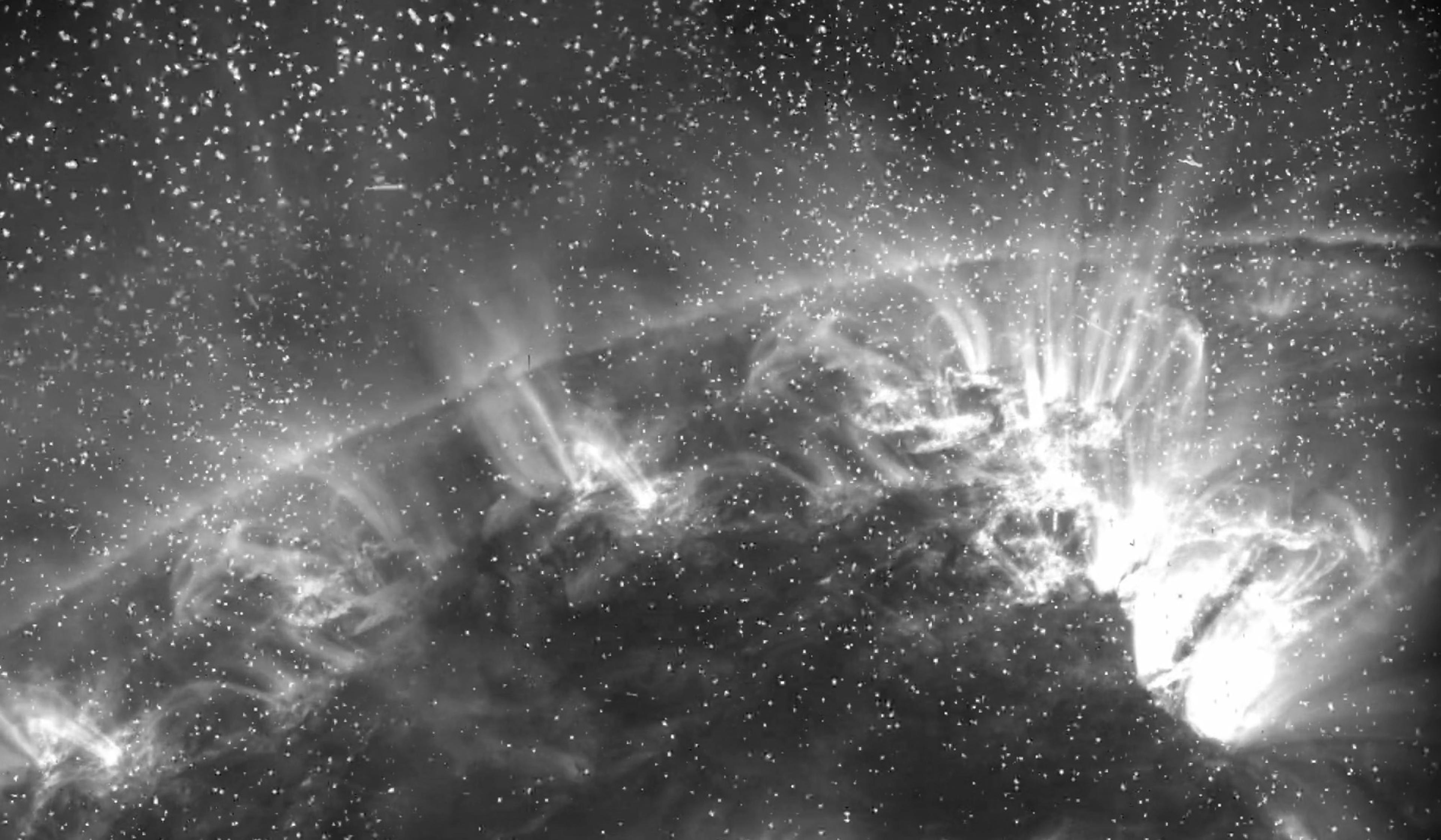
videoAstronomy
Raw solar-storm footage is the punk-rock antidote to sleek James Webb imagery
6 minutes
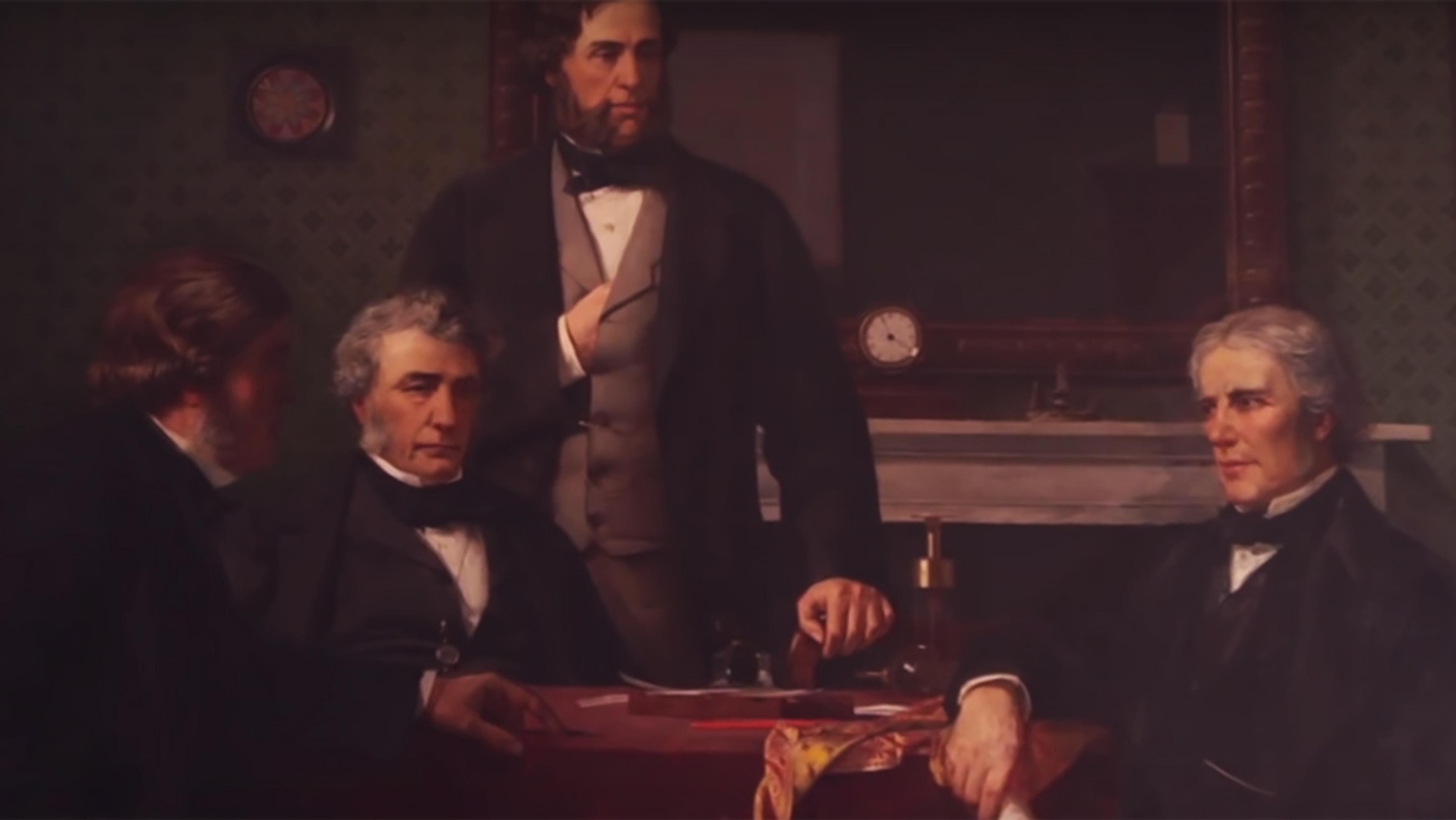
videoFairness and equality
How can scientific institutions shake their sexist legacies?
7 minutes
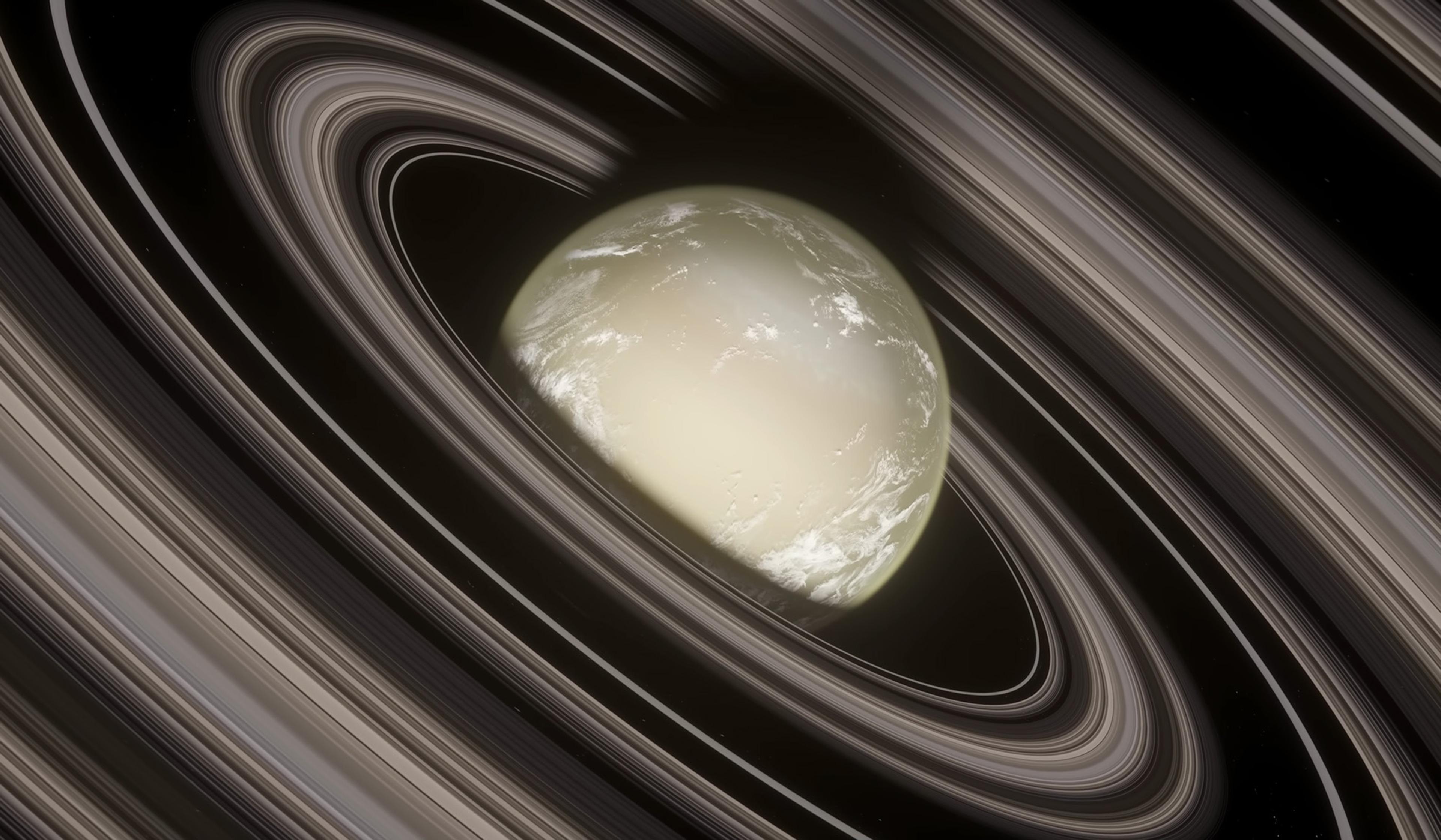
videoSpace exploration
Burning ice, metal clouds, gemstone rain – tour the strangest known exoplanets
31 minutes